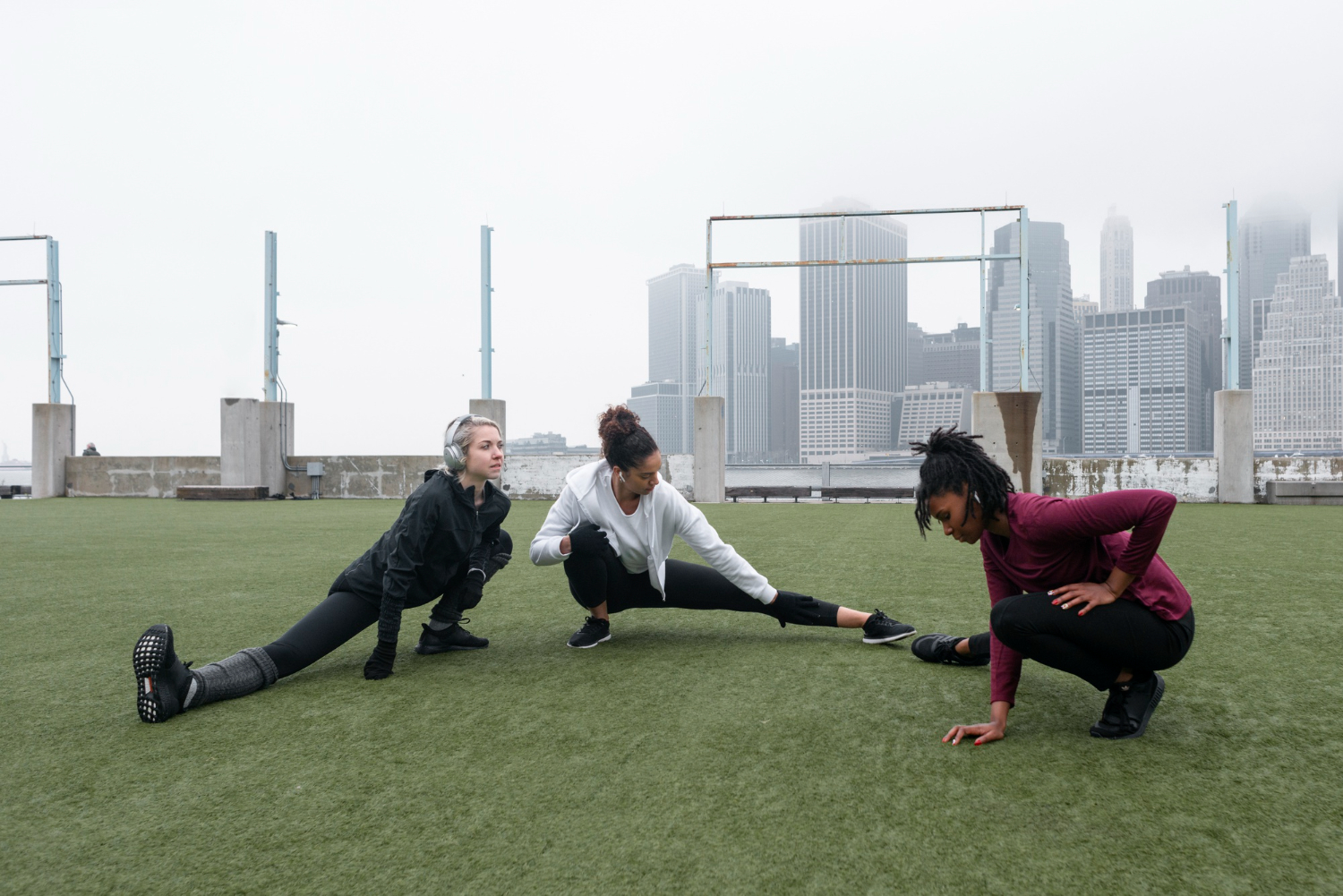The Impact of Sports on Personal Development and Community Building
Sports, universally cherished for their entertainment value, hold a much deeper significance in shaping individuals and communities. Far beyond the thrill of competition and the pursuit of physical excellence, sports serve as a powerful tool for personal development and community engagement. In this blog post, we delve into how participation in sports contributes to character building, fosters inclusivity, and strengthens community bonds, ultimately enhancing societal well-being.
Fostering Personal Growth Through Sports
Participating in sports offers more than just physical benefits; it’s a catalyst for overall personal development. Athletic activities teach essential life skills such as discipline, perseverance, and goal setting. For instance, training for a marathon or being part of a basketball team requires a commitment that hones time-management and prioritization skills. Sports also teach the value of resilience – learning to bounce back from losses and setbacks is a crucial aspect of both sports and life. Moreover, sports can bolster self-esteem and confidence, providing individuals with a sense of accomplishment and self-worth.
Encouraging Teamwork and Social Skills
Sports are inherently social, requiring communication and cooperation, especially in team-based activities. They offer a unique platform for individuals to connect, fostering a sense of belonging and camaraderie. Participation in sports teaches vital social skills such as teamwork, leadership, and empathy. Being part of a team means understanding and valuing each member’s role, a skill that is transferable to many other areas of life, including professional and personal relationships. Additionally, sports can bridge cultural and societal gaps, bringing together people from diverse backgrounds and promoting mutual respect and understanding.
Contributing to Community Cohesion and Identity
On a broader scale, sports play a pivotal role in community building. Local sports clubs and teams can become integral parts of a community, providing a sense of identity and pride. They offer a common ground for people to come together, regardless of their differences, fostering a sense of unity and belonging. Sporting events, whether local leagues or international tournaments, have the power to galvanize communities, creating shared experiences and memories that strengthen community bonds. Furthermore, community sports programs can be instrumental in youth development, offering a positive outlet for energy and creativity, keeping young people engaged and away from harmful activities.
Promoting Inclusivity and Accessibility in Sports
One of the ongoing challenges in the realm of sports is ensuring inclusivity and accessibility for all. This includes breaking down barriers for underrepresented groups, such as women, people with disabilities, and minorities. Efforts to make sports more inclusive not only enrich the sports world with diverse talents and stories but also reinforce the values of equality and respect in society. Initiatives such as adaptive sports programs for people with disabilities and campaigns promoting women’s participation in sports are crucial steps towards a more inclusive sporting environment.
In conclusion, the impact of sports extends far beyond the playing field. By fostering personal development, enhancing social skills, strengthening communities, and promoting inclusivity, sports contribute significantly to the fabric of society. As we celebrate and engage in athletic pursuits, we should also recognize and nurture these deeper values that sports bring to our lives and communities.

